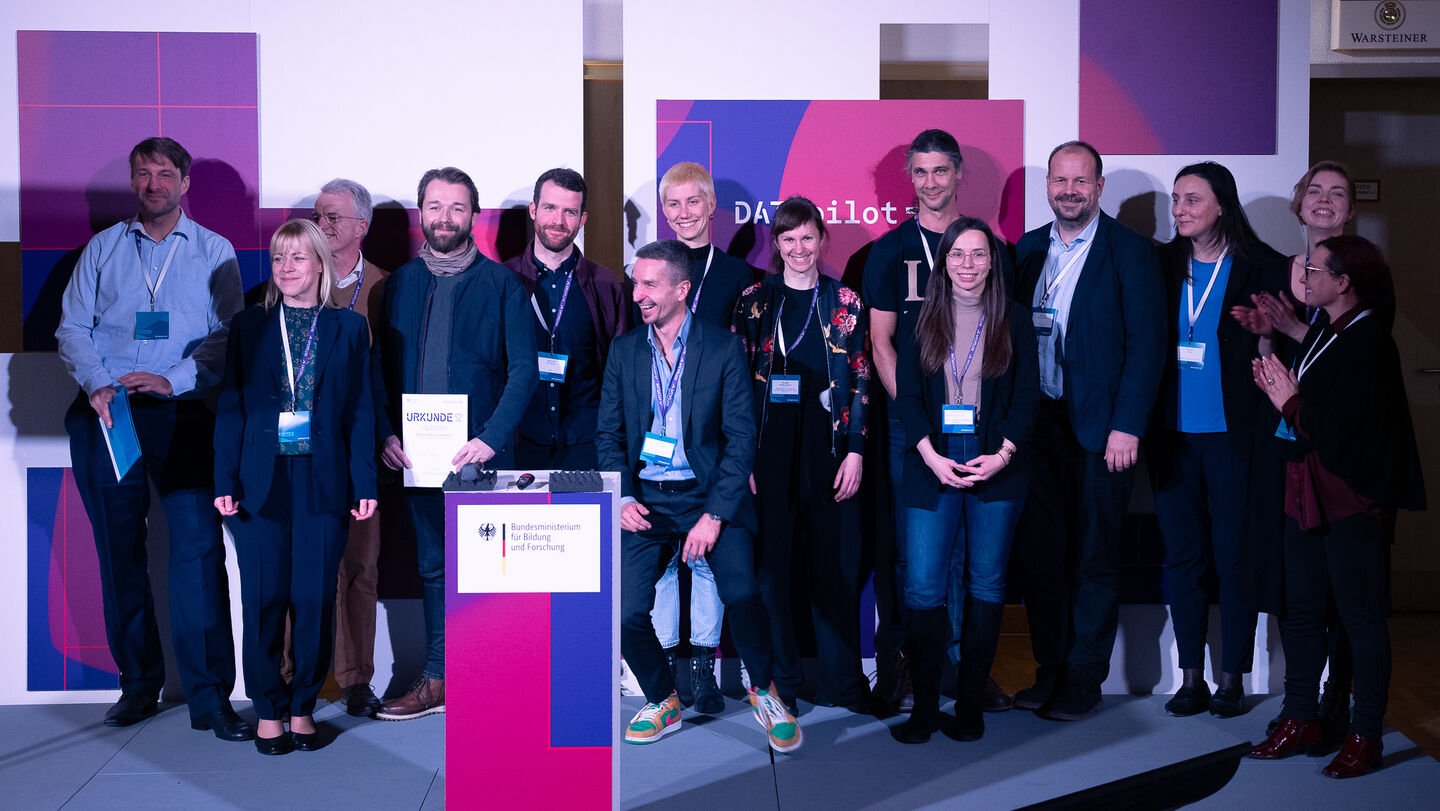Interculturally conscious young people become empathy guides
Young people with intercultural sensitivity are trained as empathy guides to help job centre staff develop their empathy skills in training sessions.

- Project
Guide to empathy – compassion and perspectives
- Running time
1 October 2024 until 21 March 2026
- Responsible for the project
Prof Dr Tobias Ringeisen
- Projectpartners
Pro Arbeit – Kreis Offenbach – (AöR)
- Funded by
BMFTR
What are the specific goals of the project?
Interculturally conscious young people are trained as empathy guides to promote empathy among job centre staff in training courses. The aim is to enable staff to better identify the support needs of migrants in job placement and to act with greater compassion; the young people gain career-relevant insights into job placement. The project aims to strengthen the change of perspective and intergenerational exchange between young people and job centre staff.
What are your objectives with this project?
For migrants, employees at municipal job centres are important points of contact, for example, to help them find work or apply for social security benefits. The quality of the support provided depends, among other things, on the empathy of the employees. Responding empathetically means being able to put oneself in the perspective (cognitive empathy) and emotional state (affective empathy) of those affected and taking both into account. A lack of empathy for the often complex circumstances of migrants can hinder individualised counselling. As a solution, interculturally sensitive young people seem well suited to act as guides to improve the empathy of job centre staff through joint training, while in return gaining an insight into the practical work of job placement. Compared to adults, young people acquire empathy more quickly and are better able to recognise the everyday problems of people from different cultures.
What motivates you to conduct this research?
In research and practice, I am interested in how job-related – especially social – skills can be promoted in intercultural settings, among other things. The project idea ties in with the dissertation of Saskia Schubert, who worked for me as an academic staff member. Among other things, she investigated whether empathy helps Germans recognise barriers that refugees face when accessing the healthcare system. Together with Pro Arbeit, the Offenbach Job Centre, we came up with the idea of pooling our experience from previous projects on promoting empathy and submitting a project application to the BMBF's DATIpilot funding line.
What contribution does the project make to sustainability?
Promoting intergenerational learning is sustainable because it enables people of different ages to acquire the skills and abilities they need to successfully deal with complexity and change in their working lives. To achieve this goal, we support two different groups – young people and job centre staff – in learning from each other through intergenerational exchange.
Contact:
Prof. Dr. Tobias Ringeisen
Fachbereich 3 Allgemeine Verwaltung
tobias.ringeisen(at)hwr-berlin.de